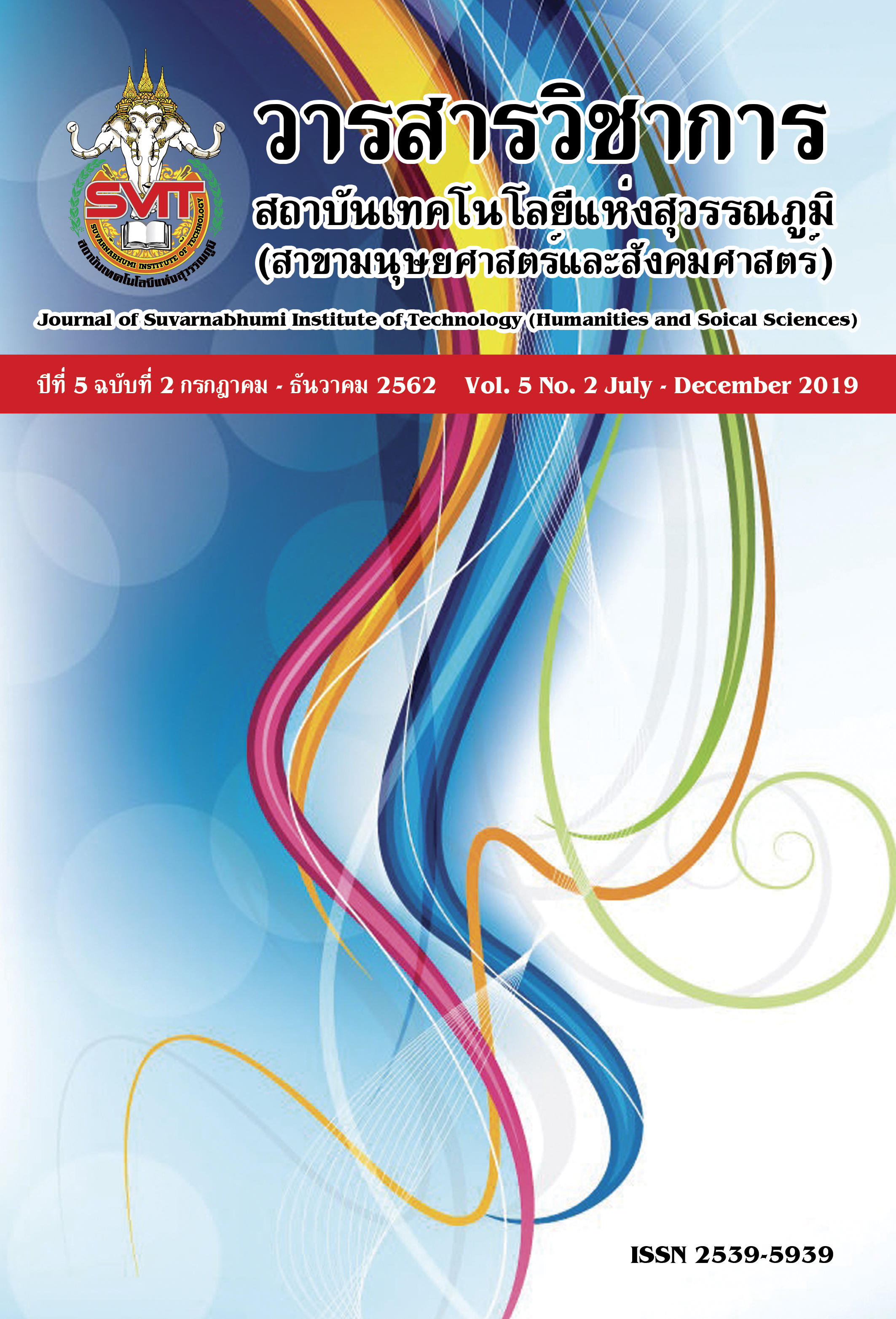THE OPERATIONAL EFFICIENCY OF SAVING COOPERATIVE LIMITED OF PUBLIC SECTOR IN THAILAND
Keywords:
Operational Efficiency, Saving Cooperative, Public SectorAbstract
The study aimed to analyse the operational efficiency of public sector co-operatives in the years 2007, 2012, and 2016 by means of Data Envelopment Analysis by BCC-O Modal. The study specified three production factors, i.e. members’ deposit, total expenses, and co-operative’s capital; and two product factors, i.e. asset and total incomes. Findings were the operational efficiency of public sector co-operatives in Thailand in the aforementioned three years was high, i.e. the average efficiency scores were 0.89, 0.85, and 0.82 in the years 2007, 2012, and 2016, respectively. However, it was in the decreasing trend. The numbers of highest efficiency co-operatives were 9.50%, 7.68%, and 9.96% in the years 2007, 2012, and 2016, respectively. Most of these were large co-operatives. The study found that among the highest efficiency co-operatives, the teacher and police co-operatives had the highest ratio in comparison with co-operatives of other professions.
References
กรมส่งเสริมสหกรณ์, เทคโนโลยีสารสนเทศและการสื่อสาร. (2559). สหกรณ์ที่ประสบปัญหาทุจริต/ข้อบกพร่อง ปี 2559. ค้นเมื่อ 21 สิงหาคม 2560, จาก http://office.cpd.go.th/itc/index.php/79-2017-04-11-04-36-20/194-2559
ศิริวรรณ อัศววงศ์เสถียร, กันตภณ ศรีชาติ และรัฐศาสตร์ หนูดำ. (2560). ความเสี่ยงของระบบสหกรณ์ออมทรัพย์กับแนวทางปฏิรูปการกำกับดูแล. Focused and Quick, 114, 1-20.
Banker, R. D., Charnes, A., Cooper., W. W. (1984). Some models for estimating technical and scale inefficiencies in data envelopment analysis. Management Science, 30(9), 1078-1092.
Downloads
Published
Issue
Section
License
The articles published are copyrighted by the Sarasas Journal of Humanities and Social Science. The opinions expressed in each article in this academic journal are those of the individual authors and do not reflect the views of Sarasas Suvarnabhumi Institute of Technology. The authors are solely responsible for all aspects of their respective articles. Any errors or inaccuracies in the articles are the sole responsibility of the authors.



